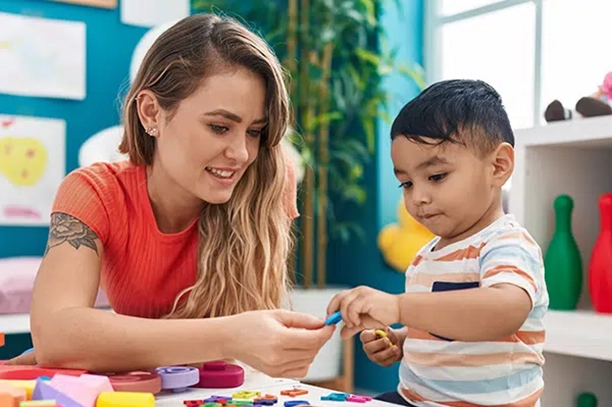
Developmental milestones are behavioral or physical checkpoints in children’s growth, such as
walking, speaking, or social interaction. While these milestones follow typical age ranges for
many children, those with special needs often reach them along different timelines or in
alternative ways. Understanding how to support children with physical, cognitive, or
developmental disabilities in achieving their potential requires a multidisciplinary, evidence
based approach.
This article explores the science behind developmental milestones, the impact of various
disabilities on milestone achievement, and effective strategies backed by child development and
educational psychology research.
Developmental milestones are commonly grouped into five domains:
When a child consistently fails to meet age-appropriate benchmarks, this may indicate a
developmental delay or underlying condition. Common causes of delays include:
According to the CDC (2023), about 1 in 6 children in the U.S. has a developmental disability. Early identification and intervention are critical to helping these children make progress.
One of the most promising findings in neuroscience is the concept of neuroplasticity—the brain’s ability to reorganize itself by forming new neural connections throughout life, particularly during early childhood. Research has shown that even in the presence of disability, structured, repetitive experiences can enhance brain function and help children achieve tasks they may have initially struggled with (Kolb & Gibb, 2011).
This principle underpins many intervention strategies, suggesting that the earlier and more consistently a child receives support, the greater their developmental potential.
Children with special needs may experience difficulties such as:
However, it is critical to recognize that development is not linear, and many children show strengths in some areas while needing support in others. A strengths-based approach—rather than a deficit-focused one—encourages better long-term outcomes.
Rather than using standardized benchmarks alone, progress should be measured against the child’s own baseline. Tools such as the Vineland Adaptive Behavior Scales, Bayley Scales of Infant Development, and Ages & Stages Questionnaires provide more nuanced insight into development over time.
Tracking even small achievements can support motivation and provide critical data for adjusting intervention strategies.
Emotional support is just as vital as therapeutic or academic support. Children with special needs are at greater risk for anxiety, low self-esteem, and social exclusion. Encouragement, emotional validation, and a strong support network help build the confidence needed to attempt—and achieve—new milestones.
Peer-reviewed research (Shogren et al., 2015) confirms that positive relationships and environments of acceptance are predictive of improved adaptive functioning in children with special needs.
Supporting children with special needs in reaching developmental milestones is not about enforcing conformity to a predefined timeline. It is about recognizing each child’s potential, providing evidence-based, individualized support, and celebrating every step of progress. With the right strategies—grounded inresearch and compassion—we can foster not just growth, but lifelong resilience and confidence.
Visit www.applicaal.ca to explore our services and discover how we can help your child grow with love and understanding.